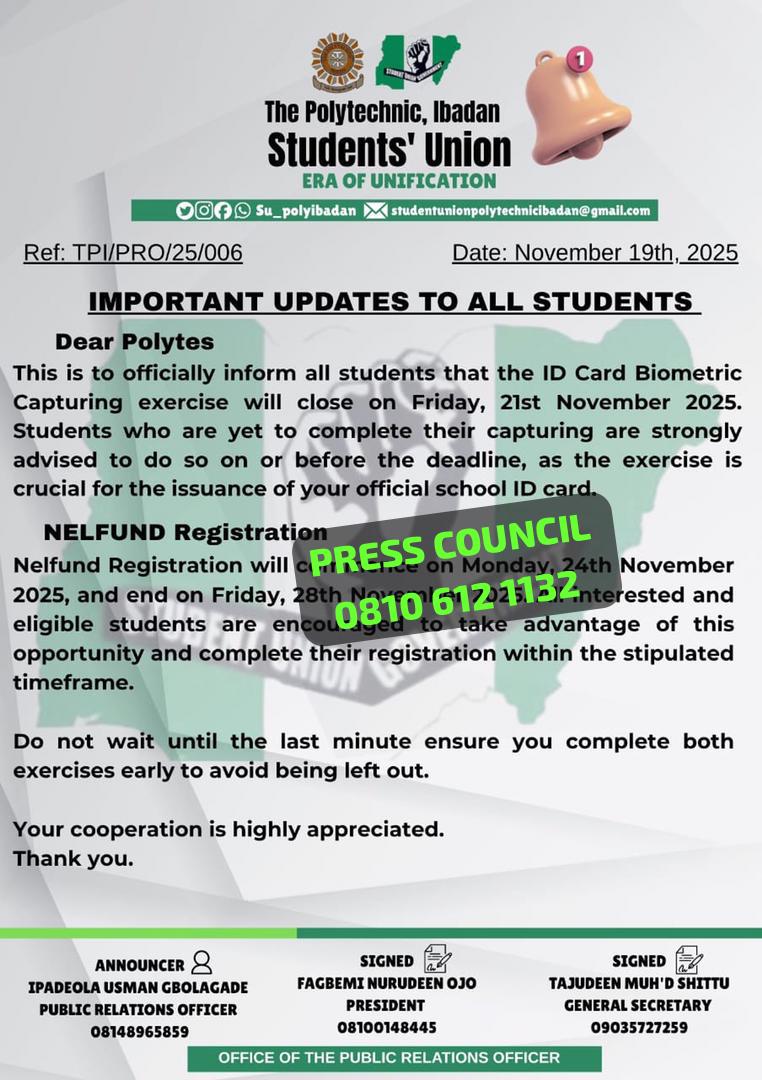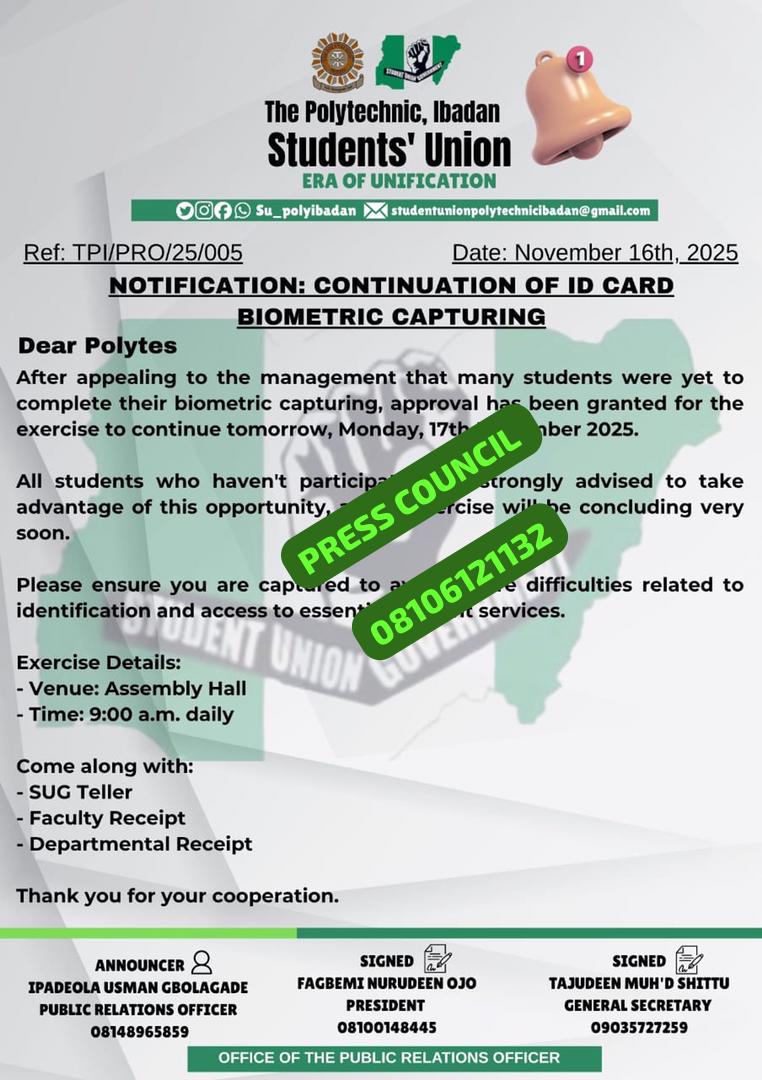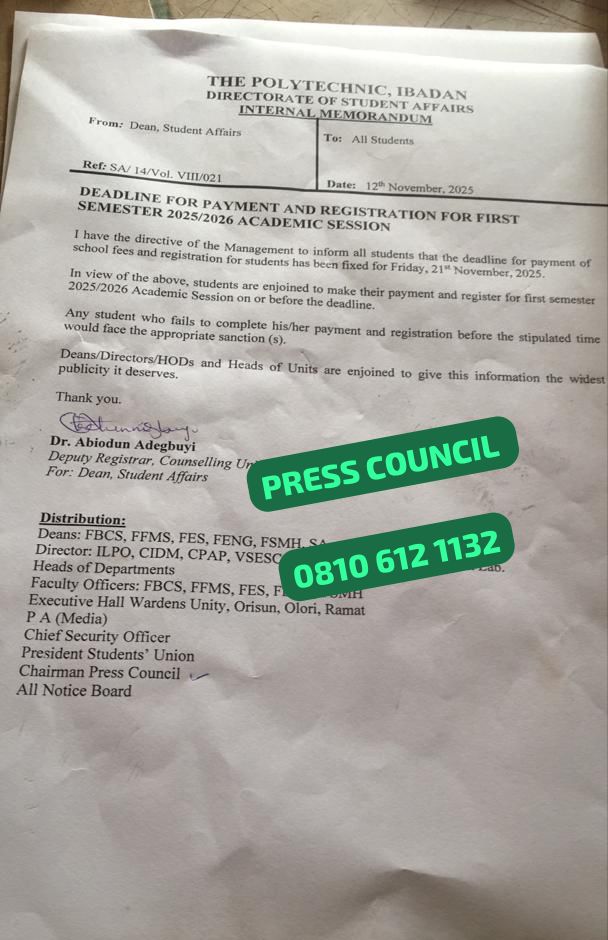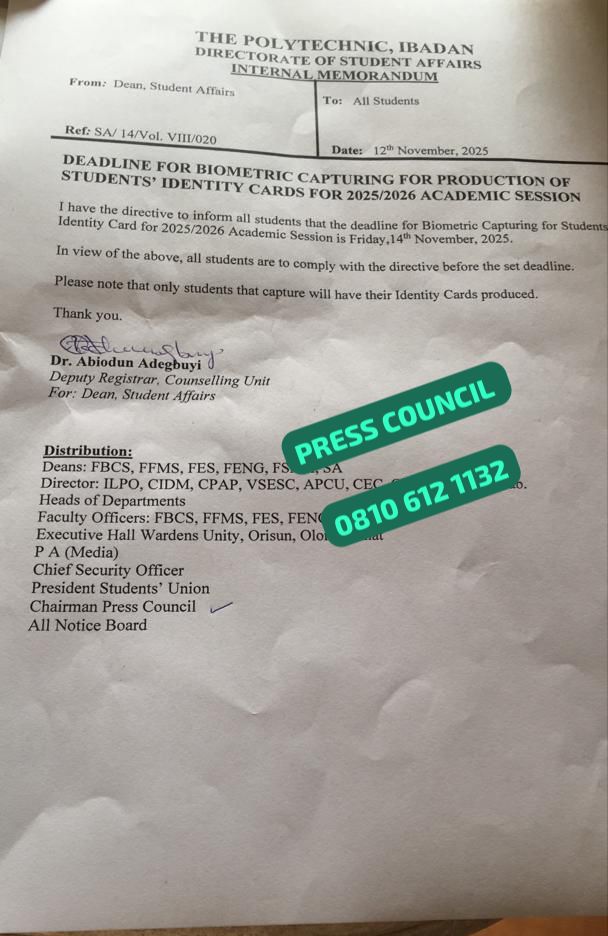By: Gbadebo Oladimeji Emmanuel
On October 1st 1960 the green white green flag was hoisted, marking Nigeria’s birth as an independent nation. Sixty five years later, the echoes of that freedom still resonate, reminding us of a nation blessed with diversity, resilience, and an indomitable spirit.
Nigeria is home to over 250 ethnic groups, each adding a unique thread to the nation’s colorful tapestry. The Hausa Fulani of the North, with their deep traditions in commerce, scholarship, and hospitality; the Yoruba of the West, whose legacy of art, governance, and festivals like the Eyo and Osun Osogbo is world renowned; and the Igbo of the East, famed for enterprise, innovation, and vibrant cultural expressions. Beyond the big three, the Tiv, Kanuri, Efik, Ijaw, Nupe, Ibibio, Idoma, Itsekiri, and countless others enrich Nigeria’s cultural landscape with languages, cuisines, dances, and folklore.
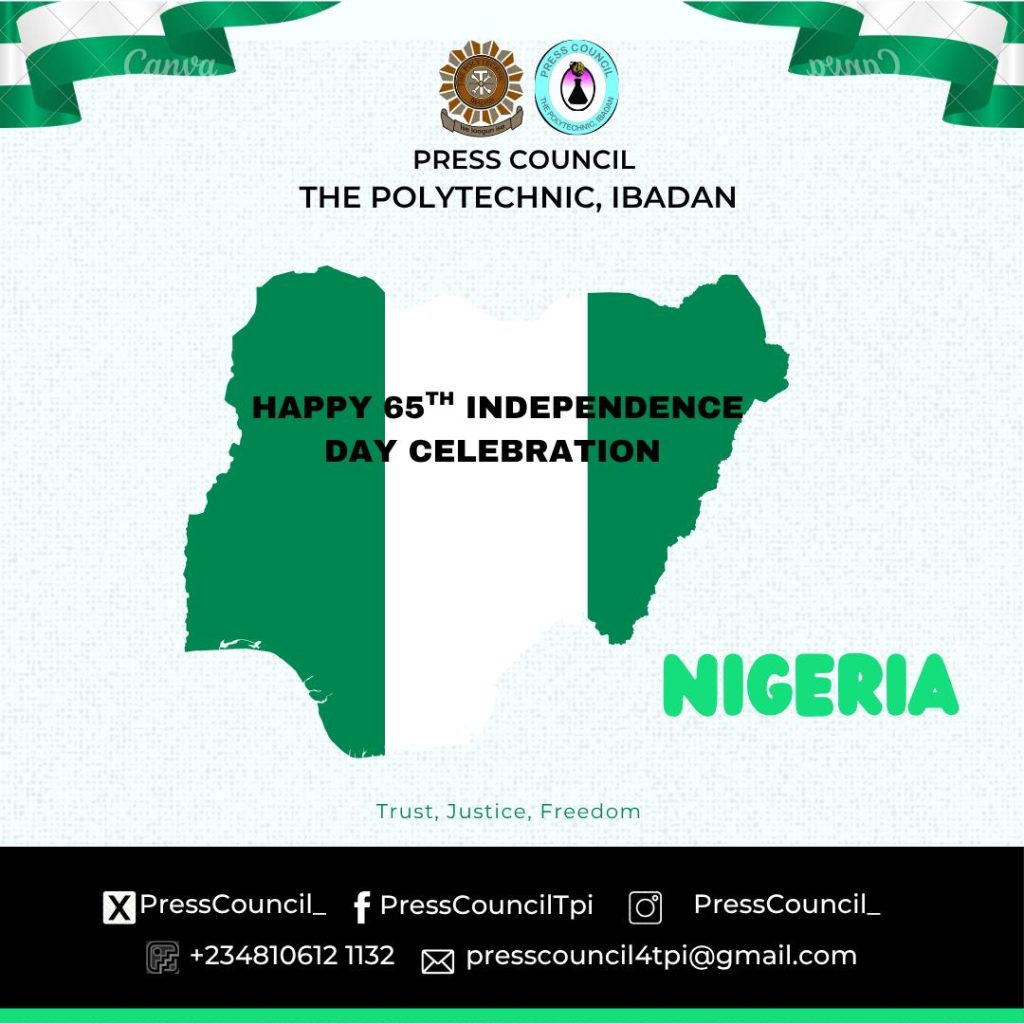
Religion stands as both a guide and a unifier in Nigeria’s journey. With Christianity, Islam, and Traditional faiths shaping moral values and community bonds, religious diversity reflects the nation’s respect for freedom of belief. Churches ring with hymns, mosques echo with calls to prayer, and shrines preserve ancestral wisdom, each contributing to the nation’s spiritual resilience.
History has not been without trials, yet Nigeria’s milestones shine brightly. In 1914, the amalgamation united the Northern and Southern protectorates. In 1963, Nigeria became a Republic. In 1977, FESTAC 77 brought the world to Lagos to celebrate African art and culture. In 1999, democracy was restored after years of military rule, ushering in a new dawn of civilian governance. In 2018, Democracy Day was officially moved to June 12 in honor of the late Chief M.K.O. Abiola, symbolizing the struggle for a freer and fairer Nigeria.
Nigeria’s heroes continue to inspire generations. From Dr. Nnamdi Azikiwe, Nigeria’s first President who championed nationalism, to Sir Ahmadu Bello, who fostered education and development in the North, and Chief Obafemi Awolowo, whose vision of free education transformed the West. Herbert Macaulay, the father of Nigerian nationalism, Funmilayo Ransome Kuti, the fearless activist for women’s rights, and Chief Anthony Enahoro, who moved the motion for self government, all stand immortal in history. Soldiers who laid down their lives in the civil war and peacekeeping missions also remain unsung but vital heroes.
At 65, Nigeria is not only a nation of people but a story of hope. From Nollywood’s global influence to Afrobeats dominating world stages, from the innovation of its youth in tech to the resilience of farmers, artisans, and professionals, the Nigerian spirit continues to soar.
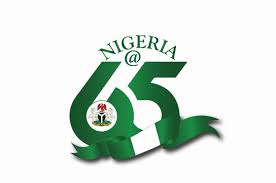
As we celebrate this milestone, let us remember the words of our national pledge: to serve with heart and might. Nigeria’s greatness lies in unity amidst diversity, progress amidst trials, and faith amidst uncertainty.
Happy 65th Independence Anniversary Nigeria!
